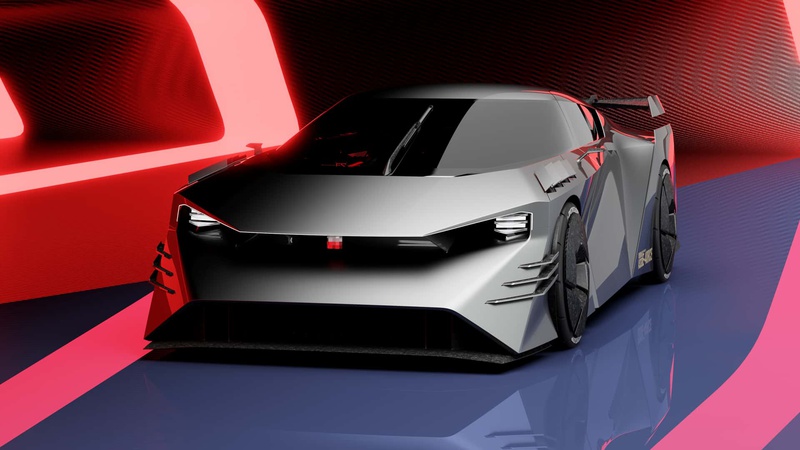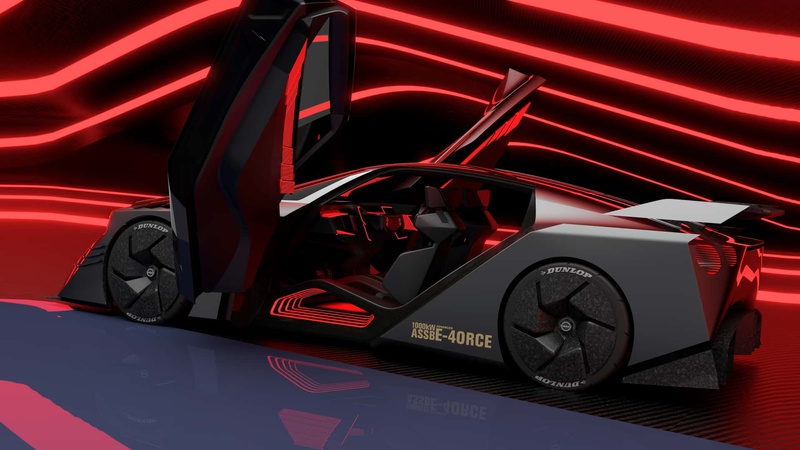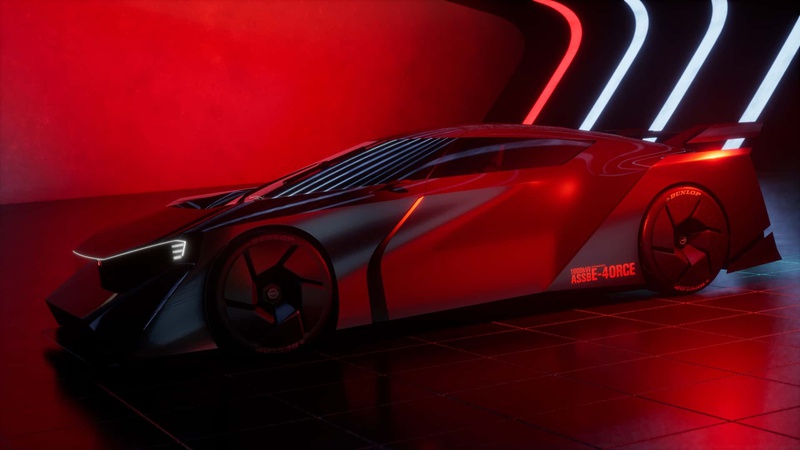Nissan has previously stated its plans to introduce an electric vehicle featuring ASSBs by the year 2028. Developed in-house, these batteries are being heralded as "revolutionary technology" that could offer double the energy density of current liquid lithium-ion batteries. Charging times could also be reduced by up to two-thirds. The Japanese car manufacturer aims to incorporate ASSBs into a range of vehicles, including high-performance models.
This includes the iconic GT-R, specifically its current R35 generation, which has been in production since late 2007. In a discussion with Top Gear magazine, Nissan's Global Product Chief, Ivan Espinosa, noted that weight is a significant hurdle for supercars. With existing batteries being too cumbersome, the company plans to wait for the development of ASSBs to fully electrify the GT-R, known as Godzilla. The enhanced energy density would permit engineers to fit a smaller battery, thereby lessening the weight issue while maintaining the 2+2 seating arrangement.
Espinosa also mentioned that an electrified GT-R could feature two, three, or even four motors, depending on the design preferences of the development team. Four-wheel drive is expected, with one motor allocated for the front axle and another for the rear. As an example, the Hyper Force concept, unveiled last week at the Japan Mobility Show, boasted a colossal 1,341 horsepower from dual electric motors.



Nissan Hyper Force concept
Looking ahead, Nissan is contemplating a future Nismo variant that would sport a smaller battery to further reduce weight. According to Espinosa, the standard model would feature a larger battery for extended range, whereas the high-performance Nismo version would prioritize track capabilities over range by using a smaller battery.
Espinosa emphasized that an electric GT-R should not be a "hyper-exclusive vehicle," implying that its pricing should stay within a more accessible range rather than escalating into supercar territory. However, it should be noted that the current R35 GT-R has already seen a significant price hike, debuting in the U.S. for the 2009 model year at $69,850 and now starting at $120,990 for the 2024 model year. The Nismo variant starts at a hefty $220,990.
With the arrival of ASSBs still approximately four years away, it raises the question of whether the existing GT-R R35 will continue in production until at least 2028. It's uncertain, especially considering the car has already been withdrawn from the European market due to noise restrictions and from Australia for failing to meet new safety standards.
Lastly, Espinosa indicated that Nissan is also considering a more affordable electric sports car aimed at consumers in their 20s, although such a vehicle is not expected in the immediate future.
Source: Top Gear
.jpg)
